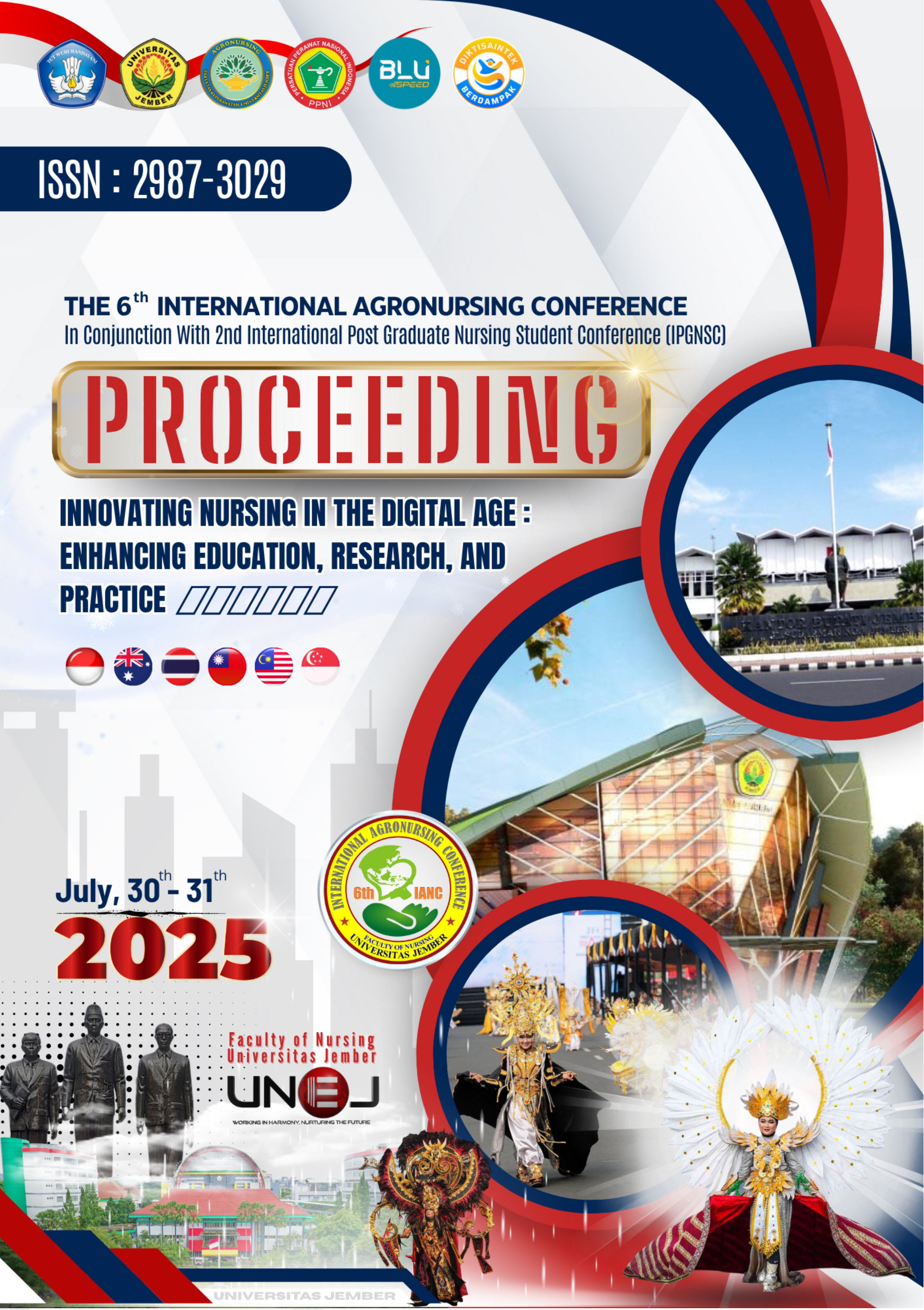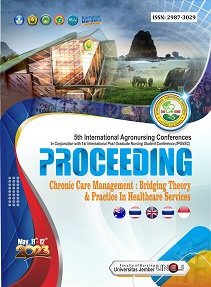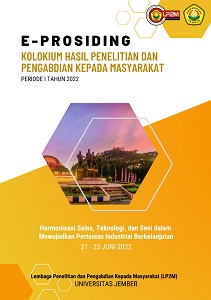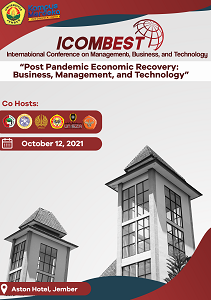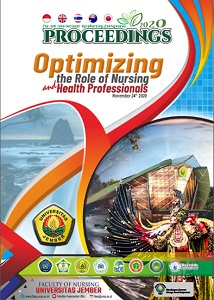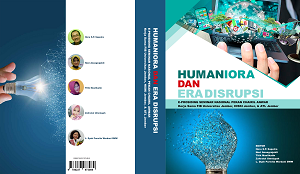RESILIENCE OF CANCER PATIENTS IN LOW AND MIDDLE INCOME COUNTRIES: A LITERATURE REVIEW
Abstract
Background: Cancer is a major health burden in low- and middle-income countries (LMICs), where limited access to healthcare and socioeconomic disparities affect diagnosis, treatment, and outcomes. Resilience, defined as the ability to adapt and recover from adversity, plays a critical role in how cancer patients manage stress and maintain well-being. This study aims to explore resilience among cancer patients in LMICs through a literature review. Methods: A systematic literature review was conducted using PubMed, ScienceDirect, and Google Scholar databases. The search focused on publications from 2020 to 2025 in English and Indonesian. The keywords used included: “Cancer” OR “Tumors” OR “Neoplasm” OR “Malignancy” AND “Stress Immunity” AND “Low Middle Country” OR “Underdeveloped Country” OR “Third World Nation” OR “Less Developed.” An initial screening yielded 23,720 articles. After applying inclusion and exclusion criteria, 10 relevant full-text articles were selected for detailed analysis. Results: Resilience in cancer patients is affected by multiple factors, including income level, education, family support, emotional well-being, and healthcare access. Financial toxicity, social stigma, and loss of income are significant stressors. Conversely, family cohesion, psychological resources, and community support enhance resilience. Studies showed that patients with higher resilience had better quality of life and greater treatment adherence. Conclusions: Resilience among cancer patients in LMICs is influenced by a combination of economic, psychological, and social elements. Efforts to reduce financial burden and improve support systems are essential to promote resilience and improve overall cancer care outcomes.

